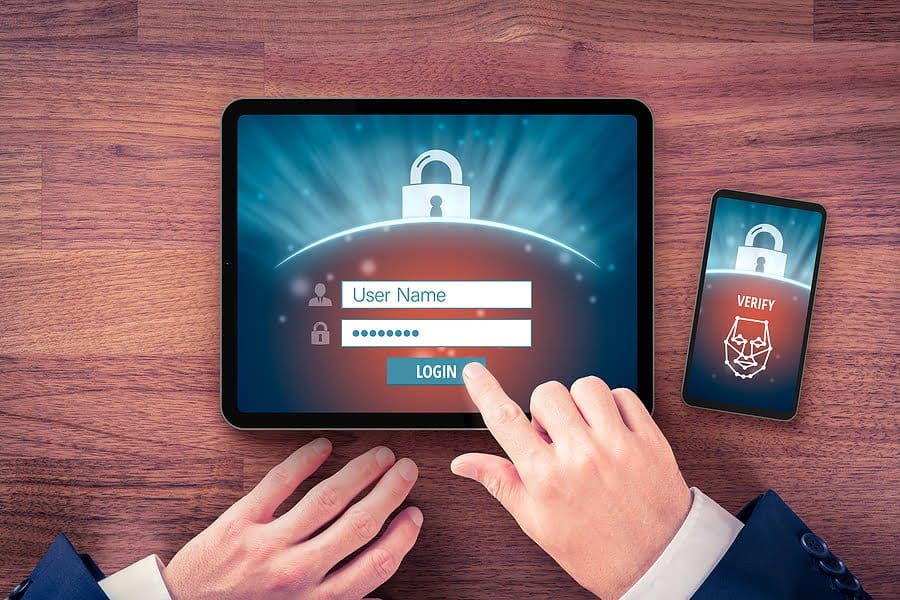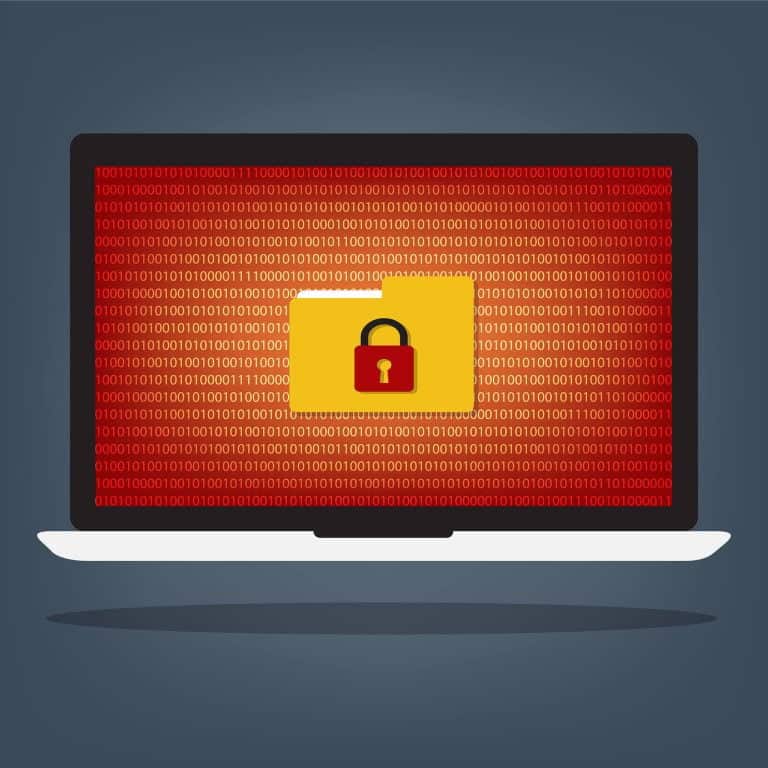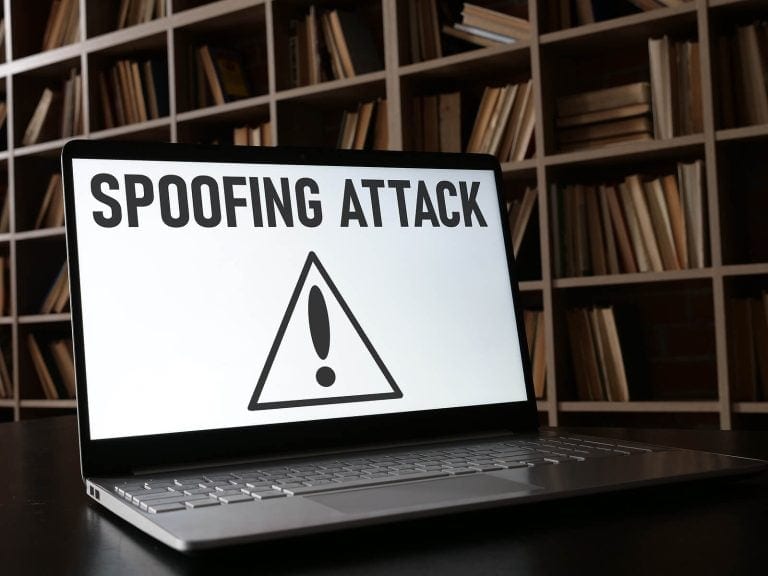The implementation of business technology can help your small enterprise unlock big benefits and opportunities. But with the best benefits come the biggest risks, as it happens with cybersecurity threats you may encounter. But as a small business owner, you may tend to overlook the risk, just because you think that hackers may pass over attacking your network because there is not much to steal. At the same time, you may not have a massive IT budget to run a full-fledged cybersecurity initiative.
Table of Contents
ToggleNo matter how big or small your network is or how tight your IT budgets are, cybersecurity is an aspect that you should be very cautious about. A hacking incident can disrupt your workflow and even damage your reputation, which is something you cannot afford. Thankfully, there is much you can do to safeguard your business against potential threats without breaking the bank. Here are some measures that can help you drive a successful IT security initiative.
Plan for BYOD Cybersecurity
The Bring Your Own Device (BYOD) model is more commonplace than ever and is no longer confined to big enterprises. Even small businesses are embracing it for the sake of convenience and cost-effectiveness. But letting employees use personal devices for accessing business data and applications is fraught with risk. Still, you can continue leveraging its benefits by having a well-documented BYOD policy that focuses on security precautions. Small businesses should also mandate automatic security updates for employee devices. You can go the extra mile by enforcing the company’s password policy to all personal devices accessing the network.
Have multifactor identification in place
Multifactor identification is a quick-win strategy when it comes to safeguarding corporate data on personal and professional devices. By having it in place, you can be sure that cybercriminals will not be able to compromise with applications even if they get the passwords somehow. Moreover, multi-factor authentication makes it difficult to target your business network, which deters criminals enough to leave them alone and look elsewhere. The best thing about this tactic is that you can implement it without spending a fortune.

Outsource cybersecurity expertise
With cybersecurity being a top priority, you will want to have expert professionals looking after it. But hiring someone with the right expertise can exert a great deal of pressure on your small business budget. Outsourcing IT expertise is a far better approach as you end up getting the services you need without having to spend a lot. There are providers who offer IT support you can count on for covering your business on all fronts. You get access to a team of experts to manage an application, network, and device-level security, so you never have to worry about breaches.
Invest in employee education
Employees are often the weakest link when it comes to fortifying your business against cyberattacks. Investing in their education and training can go a long way in avoiding incidents right at the basic level. The advantage of creating awareness goes beyond just addressing the existing threats. It also makes people more vigilant about detecting potential ones and securing your company for a lifetime. Moreover, it makes security a part of your workplace culture. Employee training need not be expensive as you can rely on e-learning and host regular seminars to keep them on track with the latest developments on this landscape.
Protect devices with up-to-date antivirus software
Phishing attacks are a common threat that small businesses come across. These occur when cybercriminals use emails and text messages to impersonate legitimate ones. Employees may end up having malware in their systems by clicking malicious links or opening illegitimate attachments. Protecting your devices against such attacks is possible by installing up-to-date antivirus software on all corporate devices and networks. Although this may require some investment upfront, you will save your business from big trouble with this form of protection.

Back up your data regularly
Apart from having the preventive measures in place to reduce the probability of security breaches, it makes sense to take proactive ones as well. No matter how much effort you make, cyber-attacks can still happen, and you need to be prepared for them. Backing up your data regularly is important as it will enable you to restore it if an incident occurs. With the latest backups done on a regular basis, you will have peace of mind that a breach will not put you out of business.
Apart from ensuring a proper cybersecurity policy for your business to cover all these factors, small business owners should stay one step ahead of attackers. Researching the potential threats is important, and so is keeping an eye on the incidents in the industry landscape. A proper procedure for dealing with incidents is equally valuable to make sure that your business does not have to struggle in the face of crisis and start on the road to recovery as quickly as possible.
Summary:
Cybersecurity For Small Businesses
As a small business owner, you may tend to overlook the risk, just because you think that hackers may pass over attacking your network because there is not much to steal. At the same time, you may not have a massive IT budget to run a full-fledged cybersecurity initiative. Steps to take to protect your data and digital assets: Plan for BYOD (Bring Your Own Device) Cybersecurity. Have multifactor identification in place. Outsource cybersecurity expertise. Invest in employee education. Protect devices with up-to-date antivirus software. Back up your data regularly.




